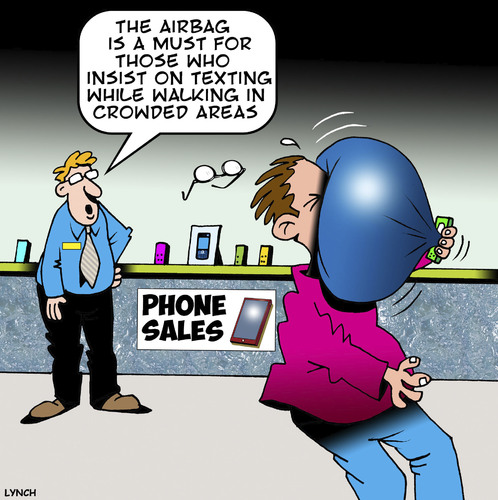
EU Focus on Mobile Roaming Charges Deemed Outdated
According to UK’s Everything Everywhere’s CEO, Olaf Swantee, the European Union and media focus on mobile roaming charges aboard is outdated, which means that EU is slipping behind on technology.
Indeed, charge caps are now €0.24 per minute for calls, €0.08 per text message and €0.45 per MB of data excluding VAT. Fortunately, since July they will be reduced to €0.19 per minute for calls, €0.06 per text and €0.20 per MB of data. Olaf Swantee believes that the enormous focus on roaming charges is wrong and completely outdated. He pointed out that the industry has had big issues in this field in the past, but nowadays it is much better.EE’s CEO believes that the £3-a-day charges for roaming in the European Union using a bundle or the same data and voice allowance as in the United Kingdom were quite reasonable and could put roaming in reach of more people. The fact remains that EU used to lead mobile telecommunications in terms of networks and new technologies, but at the moment Europe is trailing both Asia and the United States. In its turn, this affects jobs, innovation, and other very important areas.
For instance, European rollout of the 4G LTE is far behind that of America and Asia, except for Britain and some northern European countries like Sweden. Over 1/4 devices in North America are connected to a 4G network, as opposed to only 2% of European devices. The United Kingdom is a happy exception, as its network is ahead of all the European networks and is only matched by South Korea and the United States. Everything Everywhere’s 4G network now covers 70% of the British population. It is rated as “poor but fast” and ranked behind those from operators in Japan, Korea, Hong Kong, Canada and Sweden.
So what is the reason? Industry observers point out that the United States started investing in 4G networking 5 years ago, but EU providers considered it much later, a far cry from the last decade where European 3G networks were well ahead of their American counterparts.
In addition, EU members were slower to sell the wireless spectrum needed to build 4G networks. Besides, the complex telecoms environment consisting of hundreds of operators across many countries makes it more difficult for the businesses to raise funds to upgrade networks. It is not a secret that lots of mobile operators in Europe are small and governed by complex regulations.
As for Everything Everywhere, it launched the first 4G service in Britain in the fall 2012, using surplus bandwidth on its network, while its rivals had to wait for an auction of spectrum. That surplus formed when Orange and T-Mobile merged their networks under the single Everything Everywhere brand, after regulatory approval 4 years ago. In the meantime, other British mobile phone operators got 4G spectrum in the 4G auction held a year ago. Since then, O2, Three and Vodafone also launched their 4G networks.












No comments:
Post a Comment